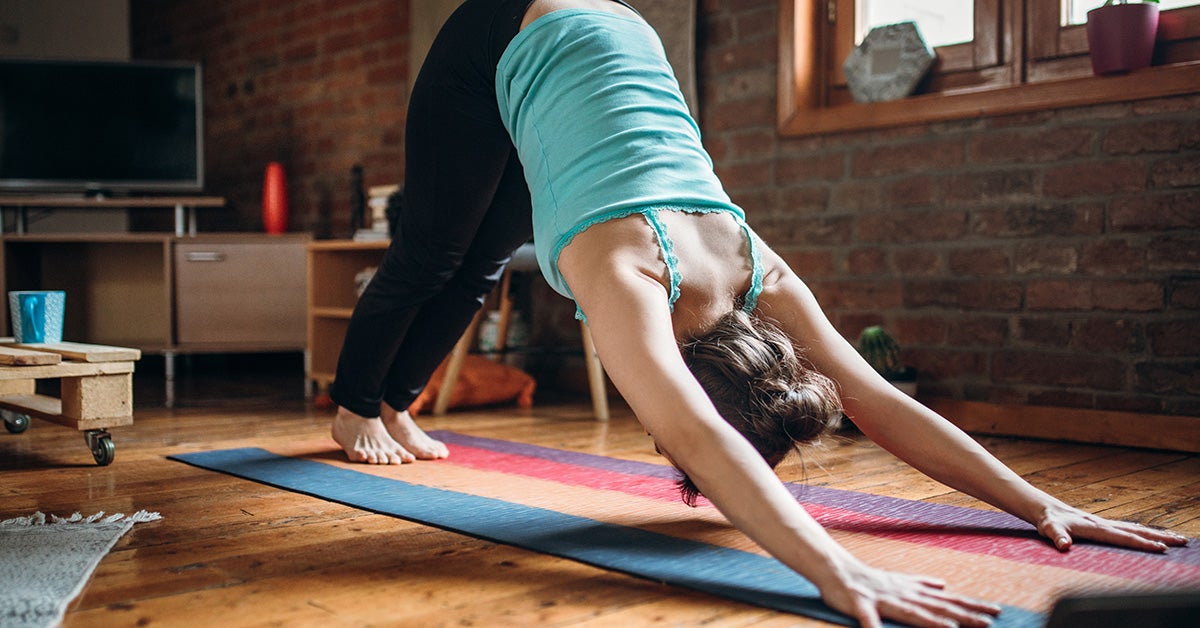Muscle Relaxers and Alcohol: Why They Don't Mix
Muscle relaxers are a group of drugs that relieve muscular spasms or pain. They can be prescribed to help ease symptoms associated with conditions such as back pain, neck pain, and tension headaches.
If you're taking a muscle relaxer, you should avoid consuming alcohol. Read on to learn more about muscle relaxers and why they don't mix with alcohol. Plus, find out what to do if you've already mixed the two.
So, why is mixing muscle relaxers and alcohol a bad idea? The answer lies in how muscle relaxers and alcohol affect your body.
Muscle relaxers and alcohol both depress your central nervous system. They work to slow brain activity, which can slow functions down your breathing and heart rate as well. They can also make you feel calm or sleepy.
Since both muscle relaxers and alcohol have this depressant effect, combining the two can compound their impact on your body. This means that the side effects of muscle relaxers, such as drowsiness or dizziness, can be intensified when you drink alcohol.
Mixing muscle relaxers and alcohol can make the effects of muscle relaxers more intense — and not in a good way.
This can lead to potentially dangerous symptoms, such as:
- increased drowsiness or tiredness
- dizziness or light-headedness
- slowed breathing
- reduced motor control or coordination
- problems with memory
- increased risk of seizures
- increased risk of overdose
Additionally, both alcohol and muscle relaxers are potentially addictive substances. Long-term use of either or both may increase your risk of developing an addiction.
Generally, muscle relaxers and alcohol don't mix. But there is one muscle relaxer called baclofen that some experts believe might help with alcohol withdrawal.
Alcohol withdrawal is a condition that occurs when a person who's been drinking heavily or for a prolonged period stops drinking alcohol.
Symptoms can be potentially serious and include things like:
- tremors
- irritability
- sweating
- elevated heart rate
- quick breathing
- increased blood pressure
- nausea and vomiting
- trouble sleeping
- nightmares
- hallucinations
- seizures
It's believed that baclofen works by mimicking the effects of alcohol on a specific type of receptor in the brain. But so far, evidence supporting the use of baclofen for alcohol withdrawal is limited.
A 2017 review couldn't draw concrete conclusions about the effectiveness of baclofen in treating alcohol withdrawal. The investigators found that the studies reviewed contained evidence that was either insufficient or of poor quality.
A more recent review noted that baclofen is not recommended as a first-line treatment for alcohol withdrawal syndrome.
final verdict: skip itFor now, it's best to stick with currently recommended first-line treatments, such as benzodiazepines, when dealing with alcohol withdrawal symptoms. Using baclofen to manage symptoms, especially without doctor supervision, can have dangerous consequences.
If you've already mixed muscle relaxants and alcohol, stop drinking immediately. To err on the side of caution, it's best to see healthcare professional as soon as possible, especially if you've had more than one drink or don't drink often.
Remember, alcohol can intensify the effects of muscle relaxers, and combining the two can lead to an increased risk of overdose.
know the signsSeek immediate medical attention if you notice any of the following symptoms:
- feeling extremely tired
- nausea or vomiting
- slowed breathing
- feeling very weak
- severely impaired movement or coordination
- heartbeat abnormalities, such as palpitations or arrhythmias
- confusion
- low blood pressure
- seizures
Alcohol isn't the only thing to steer clear of while taking muscle relaxers.
Certain medications can also react with muscle relaxers, including:
- opioid drugs, such as the pain relievers OxyContin and Vicodin
- benzodiazepines, a type of sedative medication such as Xanax and Klonopin
- tricyclic antidepressants
- monoamine oxidase inhibitors
- fluvoxamine, a selective serotonin reuptake inhibitor
- ciprofloxacil (Cipro), an antibiotic
when in doubt, ask a pharmacistThere are many types of muscle relaxers, and each type can interact with different drugs. If you have any doubts about whether something will interact with muscle relaxers, talk to your prescriber or pharmacist.
Muscle relaxers have a depressant effect on your central nervous system. Alcohol has a similar effect, so mixing the two can intensify these effects.
In addition to alcohol, there are other drugs that can interact with muscle relaxers as well. If you're prescribed a muscle relaxer, be sure to let your doctor or pharmacist know any other medications you are taking.
-
 6 interesting genetic traits that children will inherit from their parents
6 interesting genetic traits that children will inherit from their parents
-
 7 effects of asparagus on child development
7 effects of asparagus on child development
-
 Does cutting blood hair for babies bring good luck?
Does cutting blood hair for babies bring good luck?
-
 The more babies eat, the higher the height they develop, especially the second kind
The more babies eat, the higher the height they develop, especially the second kind
-
 Children with chicken pox should eat to quickly recover from the disease, without leaving a deep scar?
Children with chicken pox should eat to quickly recover from the disease, without leaving a deep scar?
-
 The more food is cooked, the better it can be for health, especially the second type
The more food is cooked, the better it can be for health, especially the second type
-
 Honey Wax: DIY Natural Hair Removal
Honey Wax: DIY Natural Hair Removal
-
 10 Shoulder Exercises to Relieve Pain and Increase Flexibility
10 Shoulder Exercises to Relieve Pain and Increase Flexibility
-
 'Wellness' Is Code for Diet. I'm Not Falling for It Again.
'Wellness' Is Code for Diet. I'm Not Falling for It Again.
-
 Stop Telling Chronically Ill People to 'Stay Positive'
Stop Telling Chronically Ill People to 'Stay Positive'
-
 Cancer Is Depressing. So Why See a Therapist?
Cancer Is Depressing. So Why See a Therapist?
-
 How Do I Cope with 'Chemo Brain' Without Feeling Ashamed?
How Do I Cope with 'Chemo Brain' Without Feeling Ashamed?






























